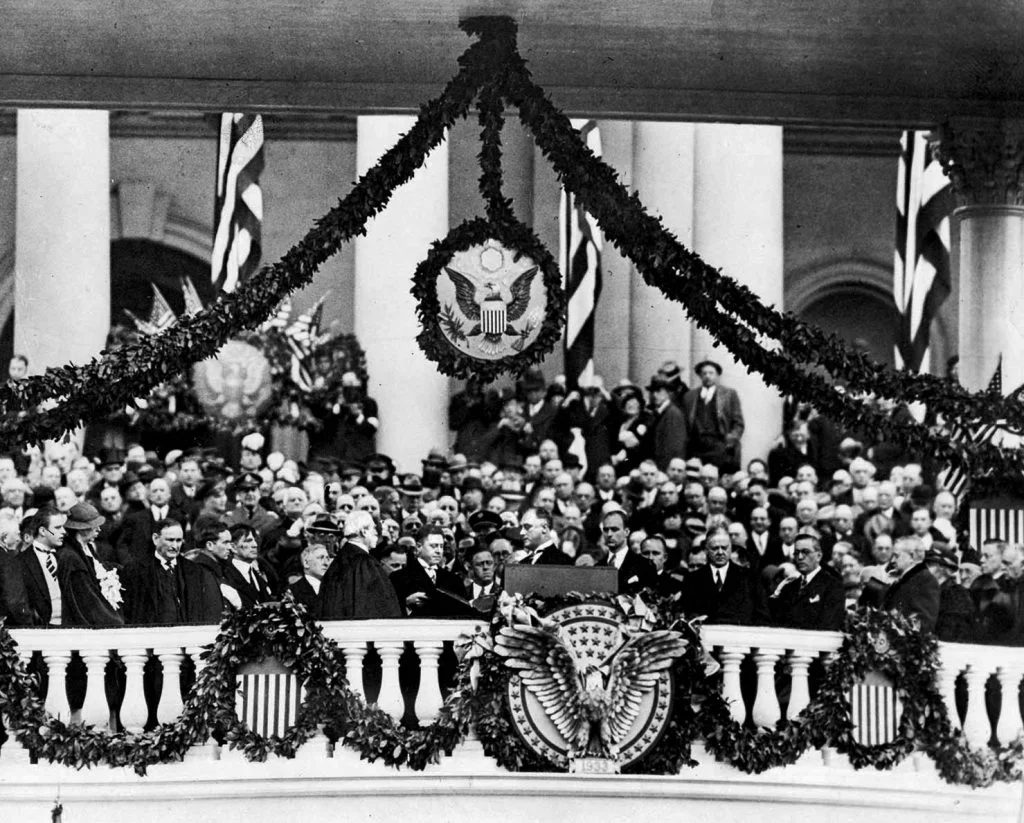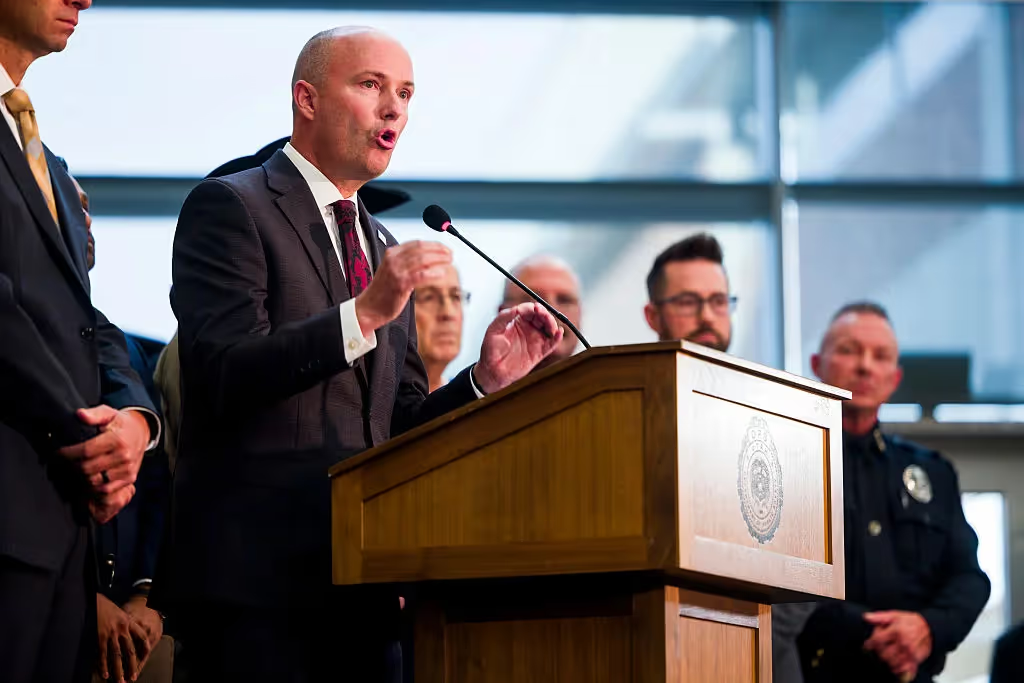
Spencer Cox Provides the Statesmanship America Needs
Gov. Spencer Cox reminded his audience that there are two paths ahead: one of escalation and further violence, or one where we take an “off-ramp.”
I had the chance recently to read Thucydides’s History of the Peloponnesian War. In a polarized age, with hot wars and cold wars escalating, populism and disrespect for law, and even, recently, political assassinations, Thucydides’s History felt as relevant as the daily news. In the last few days, especially, I kept reflecting on its treatment of the moral decadence that accompanies extreme polarization, as well as its examples of weak and strong statesmen. We need good statesmen now, and many of us were surprised to find it in the figure of Utah Governor Spencer Cox.
Charlie Kirk's murder left many of us deeply shaken. His family is now shattered. Even for those of us who were not well-versed in his campus debating work, we knew what this meant for our already fiercely divided country. Over the next two days, I made the mistake of spending too much time on social media, where much of the content reminded me of Thucydides’s account of the civil war in Corcyra and the moral degradation that followed:
Words had to change their ordinary meaning... Reckless audacity came to be considered the courage of a loyal ally; prudent hesitation, specious cowardice; moderation was held to be a cloak for unmanliness; ability to see all sides of a question, inaptness to act on any. Frantic violence became the attribute of manliness; cautious plotting, a justifiable means of self-defence. The advocate of extreme measures was always trustworthy; his opponent a man to be suspected.
The perception of so many on the right was that it was “they” who had killed Charlie Kirk, not one gunman; it was the “left.” This perception was fueled by the presence of a very online left and numerous examples of people downplaying, justifying, or even celebrating the assassination. Never mind that there were also many left-wing accounts and even politicians, such as Bernie Sanders, who condemned the attack unequivocally; the algorithm’s propensity for amplifying rage succeeded.
Efforts by those caught in the middle to lower the temperature by reminding everyone that it was one murderer and not millions of fellow citizens were retweeted and liked, but if you read the replies, you would see what Thucydides describes above: “You’re a leftist!” “You don’t know what time it is.” “The time for unity is over.” “We can no longer live with these people.” “The left won’t stop if we don’t make them stop.” Some of these replies were foreign bots, but not all of them; they were also messages pushed by popular influencers.
It was in that context that we needed more than ever the benefit of wise statesmen. So many politicians today, however, have given up any effort to elevate the sentiments of the people. They would rather stir up the worst passions of the public for their own personal gain, like the Athenian demagogue Cleon in Thucydides’ history. There are few statesmen left like Pericles who earn the trust of the people, educate them, and call them to be their best.
That is why Governor Spencer Cox has stood out these last couple of days. In this age of resentment politics, he may as well have been Pericles, telling his audience not necessarily what they wanted to hear but what they needed to hear at that moment. Breaking through the lie that it was they, the left, and thus millions of our fellow Americans, who killed Charlie Kirk, Governor Cox, in his press conferences, provided what he called “moral clarity”:
I hear all the time that words are violence. Words are not violence; violence is violence. And there is one person responsible for what happened here. And that person is now in custody.
Rather than stoke the flames of resentment that give rise to political violence in the first place, Cox instead reminded his audience that there are two paths ahead: one of escalation and further violence, or one where we take an “off-ramp.” Which way, America? He also called out the toxicity of social media and the bad-faith efforts of foreign governments to divide us on there. He even said we should “touch grass,” log off, and hug our families.
Governor Cox’s leadership did not go unnoticed. His name is currently trending online, and various outlets have already published pieces commending him. As one veteran conservative magazine editor put it, “a new political star is born.” Despite the right-wing influencers demagoguing and calling for civil war, what most of us wanted, or rather what most of us needed, was for someone we could trust to redirect efforts in the direction of unity and not division, to lower the temperature. And that is what Governor Cox did.
Not as polished a speaker as Churchill or Reagan, Governor Cox stammered through much of these public addresses. But it did not matter, because behind that stammering was a sincere voice, and words the content of which inspired trust in the character of the speaker; there was a sense of what needed to be said at that moment, and most importantly, what was true. A car salesman struggles to emulate that. There is indeed great value in the rhetorical side of statesmanship, but those above-mentioned qualities are far more critical than eloquence, a trait more easily taught.
Ultimately, great statesmen can only succeed if we allow them to. As a political community, we’re capable of elevating them, but we’re also capable of kicking them out of office. We can choose to continue resentment politics and to be manipulated by demagogues, or we can build a better future. As Governor Cox succinctly puts it,
To my young friends out there, you are inheriting a country where politics feels like rage. It feels like rage is the only option. But through those words, we have a reminder that we can choose a different path. Your generation has an opportunity to build a culture that is very different than what we are suffering through right now.
Thomas Howes is the Editor-in-Chief of The Vital Center and the Director of the Reagan Caucus. He is also a research fellow of the Austrian Institute (Vienna), a member of the James Madison Society, and a lecturer in Politics at Princeton University.
Politics
.webp)
Liberal Democracy Reexamined: Leo Strauss on Alexis de Tocqueville
This article explores Leo Strauss’s thoughts on Alexis de Tocqueville in his 1954 “Natural Right” course transcript.
%20(1).avif)
Long Distance Migration as a Two-Step Sorting Process: The Resettlement of Californians in Texas
Here we press the question of whether the well-documented stream of migrants relocating from California to Texas has been sufficient to alter the political complexion of the destination state.
%20(3).avif)
Who's That Knocking? A Study of the Strategic Choices Facing Large-Scale Grassroots Canvassing Efforts
Although there is a consensus that personalized forms of campaign outreach are more likely to be effective at either mobilizing or even persuading voters, there remains uncertainty about how campaigns should implement get-out-the-vote (GOTV) programs, especially at a truly expansive scale.

There's a Perception Gap With the U.S. Economy
As we approach another election cycle, it’s worth asking: what’s real, what’s political theater, and what does it all mean if Democrats regain control of the House?

International Law Is Holding Democracies Back
The United States should use this moment to argue for a different approach to the rules of war.
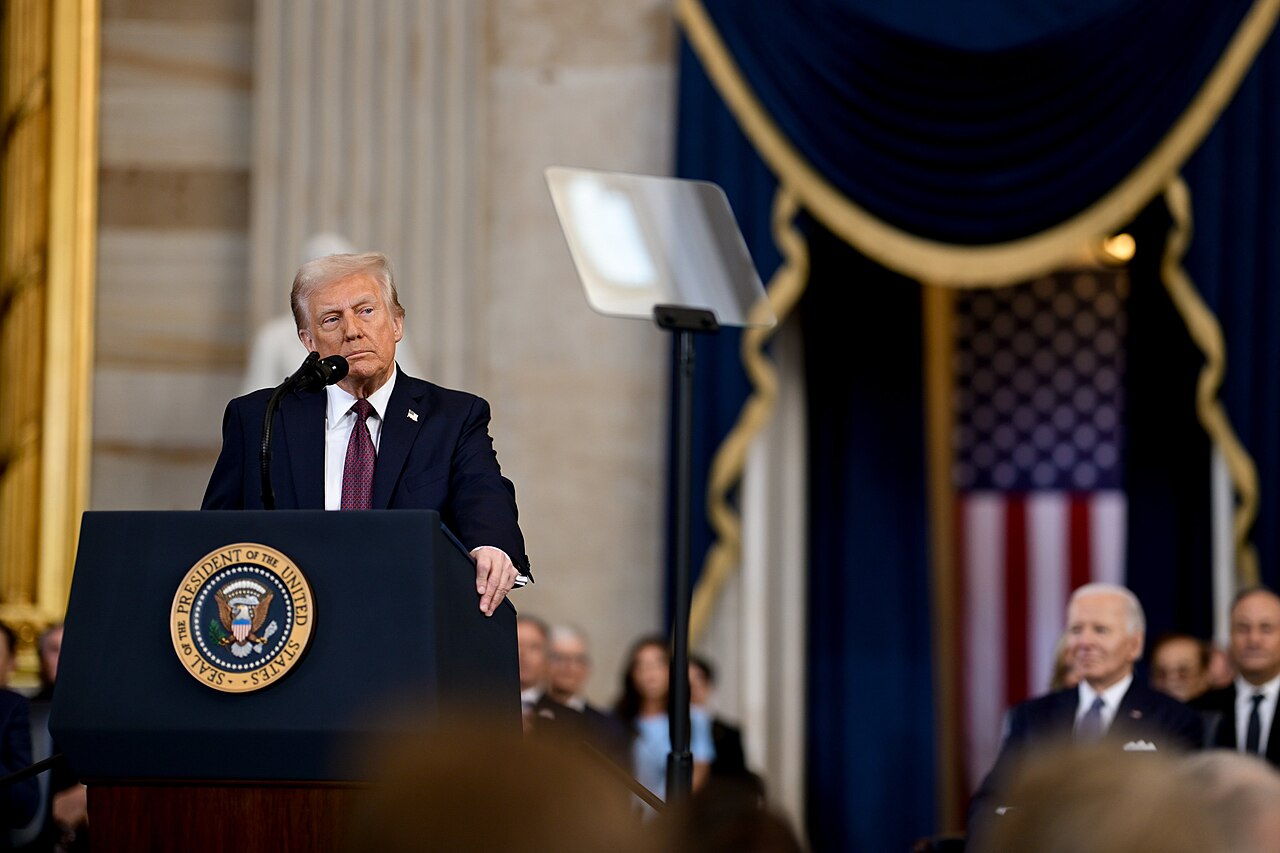
Trump purged America’s Leftist toxins. Now hubris will be his downfall
From ending DEI madness and net zero to securing the border, he’ll leave the US stronger. But his excesses are inciting a Left-wing backlash

California’s wealth tax tests the limits of progressive politics
Until the country finds a way to convince the average American that extreme wealth does not come at their expense, both the oligarchs and the heavily Democratic professional classes risk experiencing serious tax raids unseen for decades.
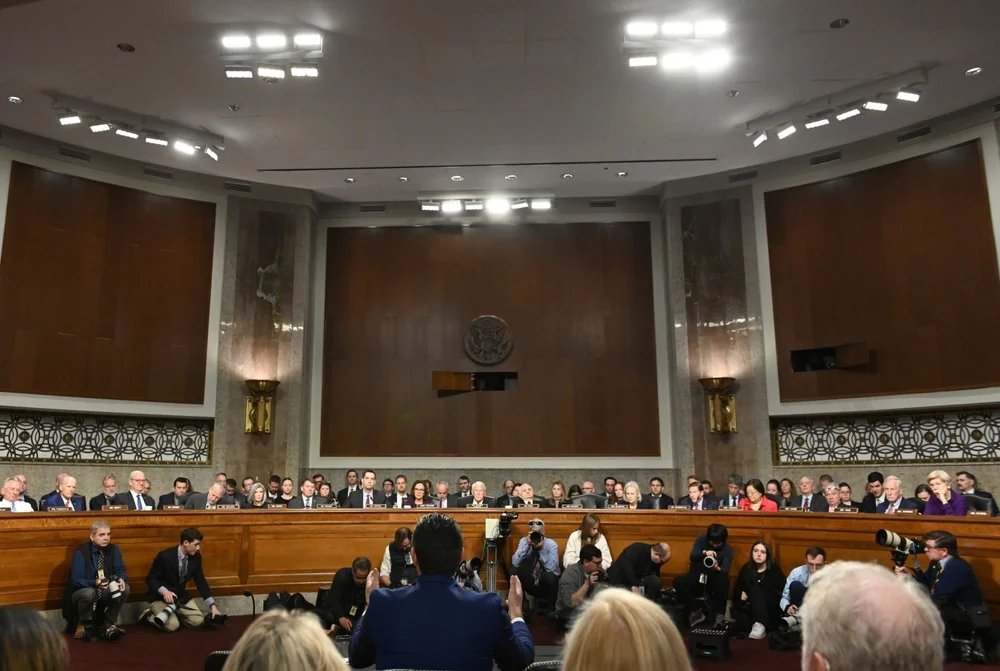
Storm Over the Appointment Process
This is not your grandfather’s appointment process; in fact, it’s not even your older brother’s.
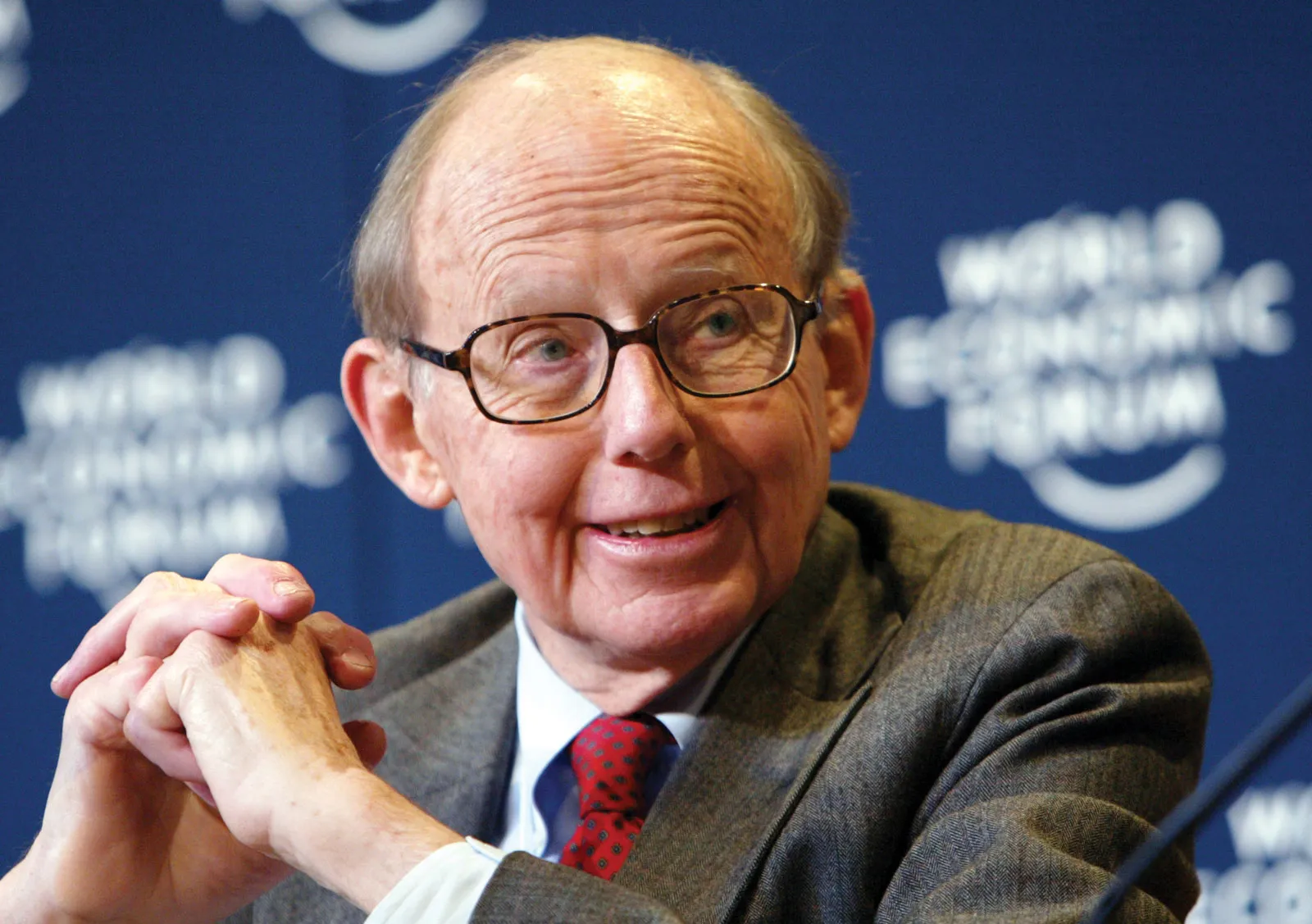
The Clash of Civilizations at 30
Three decades on, Huntington did not foresee the extent to which the West would erode, but he did perceive the warning signs.









